The Irish Character – What Does it Mean to you to be Irish?
Are you proud to have Irish heritage? When I asked my readers "What do you love most about your Irish Heritage?" I wasn't surprised by the replies such as a love of music, a closeness to family and of course a fondness for a party! Read on to hear some opinions on what makes the Irish character!
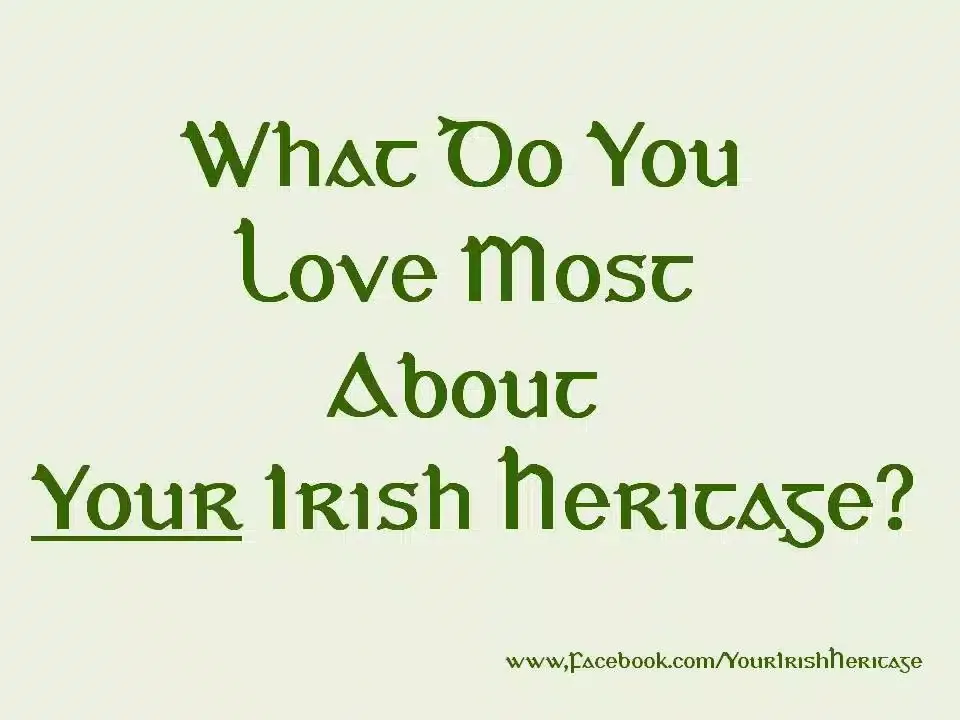
We’ve just been through that time of year again – a time that’s hard to ignore if you have a drop of Irish blood in you – Saint Patrick’s Day. So, today I’d like to have a look at the question: “What does it mean to be Irish?”.
Think of what makes up the Irish “character”. When I ask our readers: “What do you Love most about your Irish heritage” – I get replies like: an ability and love of music; closeness of family; a sense of justice; ambition; a fondness for a party; a love of words and learning and a keenness for all things spiritual.
These seem to be timeless qualities that most people would see in Irish people. Maybe you would like to add some extra qualities to this list?
We Irish have always listened with great interest to the opinion other nations and outsiders have when observing our character. One of my own favourite stories is the source of the word “Gael” or “Gaelic” which did not come into use among the Irish until around the 7th century. It came from a Welsh word – “gwyddel” – which means “marauder” – and was the name given to the Irish raiders on the coast of Wales.
The Irish of the time – with their value of daring and glory – quite liked that label and it worked its way into everyday use.
The Irish character – Some Opinions.
In more recent times, a famous psycho-analyst commented:
“This is one race of people for whom psychoanalysis is of no use whatsoever.”― Sigmund Freud
I doubt if there is an Irish man or woman who would not take pride in such a description – our preference not to be pigeon-holed or labeled – and our love of individual self-expression.
This Irish novelist captures the Irish character in the 20th century – emerging from hundreds of years of colonisation, forced migration, famine and repression of religion, culture and language:
“When anyone asks me about the Irish character, I say look at the trees. Maimed, stark and misshapen, but ferociously tenacious.”― Edna O’Brien
Rolling back another few hundred years – to a time before colonisation, we come across this description by the Englishman Richard Stanihurst:
“The [Irish] people are thus inclined: religious, frank, amorous, ireful, sufferable of infinite pains, vain-glorious, with many sorcerers, excellent horsemen, delighted with warring, great almes-givers and surpassing in hospitality. The lewder sort (both clerics and lay people alike) are sensual and loose in living. They are sharp-witted, lovers of learning, adventurous, kind-hearted and secret in displeasure.”
“Thank you very much” – might be the reply of many Irish people, even today.
Gerald of Wales.
For our final view of the Irish from the outside, we go all the way back to 1180AD – to the observations of Giraldus Cambrensis (Gerald of Wales) – who observed the Irish as part of the first English royal party in the late 12th century.
Gerald was son of William FitzOdo de Barri, (common ancestor of the Irish Barry families), nephew of Maurice fitzGerald (common ancestor of the Irish Fitzgerald families)and grandson of Gerald de Windsor (alias FitzWalter – common ancestor of the Irish Butler families).
He saw the native Irish as heathen savages – justifying any action that was taken by his noble superiors. So, it is then interesting to examine his biased comments on the Irish appearance, character and values:
On appearance and health:
“[Nature] gives growth and proportions to these people, until they arrive at perfect vigour, tall and handsome in person, and with agreeable and ruddy countenances. The islanders have little need of physicians as there are few sick people – except those at the point of death.”
On Fighting:
“they go into battle without armour, considering it a burthen (burden) and esteeming it brave and honourable to fight without it.”
On Attitude to Work and Learning:
“The Irish are a rude people, subsisting on the produce of their cattle only, and living themselves like beasts – a people that has not yet departed from the primitive habits of pastoral life. [They] lead the same life their fathers did in the woods and open pastures, neither willing to abandon their old habits or learn anything new.“
“They neither employ themselves in the manufacture of flax or wool or in any kind of trade or mechanical art; but abandoning themselves to idleness, and immersed, in sloth, their greatest delight is to be exempt from toil, their richest possession, the enjoyment of liberty. Whatever natural gifts they possess are excellent, in whatever requires industry they are worthless.”
On Music:
“It is only in the case of musical instruments that I find any commendable diligence in the [Irish] people. They seem to me to be incomparably more skilled in these than any other people that I have seen. ”
A quick and not completely inaccurate summary of Gerald’s view would be that – the Irish are barbarous, savage, and lazy with no clear system of power and authority – on the other hand they are very healthy and their music and musicians are very good.But Gerald was of his time and class – while there is a certain truth in what he observes and notes – there is much that Gerald also left out from his observations as he considered the existing Anglo-Norman systems to be superior and more civilised.
“The Irish are barbarous, savage, and lazy with no clear system of power and authority – on the other hand they are very healthy and their music and musicians are very good.”
He chose to ignore the intricacies of Irish culture and law as captured by the Brehon texts, the Irish love of spirituality and land (often the two meaning the same thing), the respect for societal status, the love of language and learning – and finally, a love of hospitality and extended celebrating!
I’m not sure how Gerald would have enjoyed the fact that the descendants of his relatives – the Anglo-Norman families of Ireland – were mostly “hibernicised” by the fourteenth century. They took on the wives, customs, dress, law and language of this “barbarous people” in a way the Normans who invaded England could never adopt to the Anglo-Saxon customs and traits.
So, I hope that you let the Irish side of your character shine for all to see at this time of year – and together let’s give the world something to talk about!

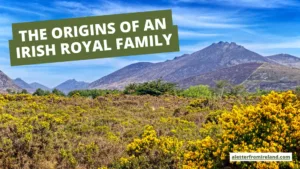

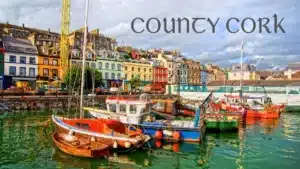
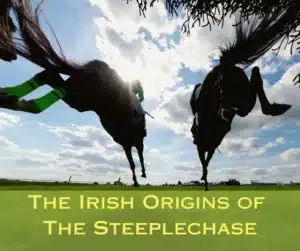
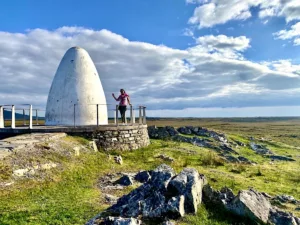

Only Plus Members can comment - Join Now
If you already have an account sign in here.